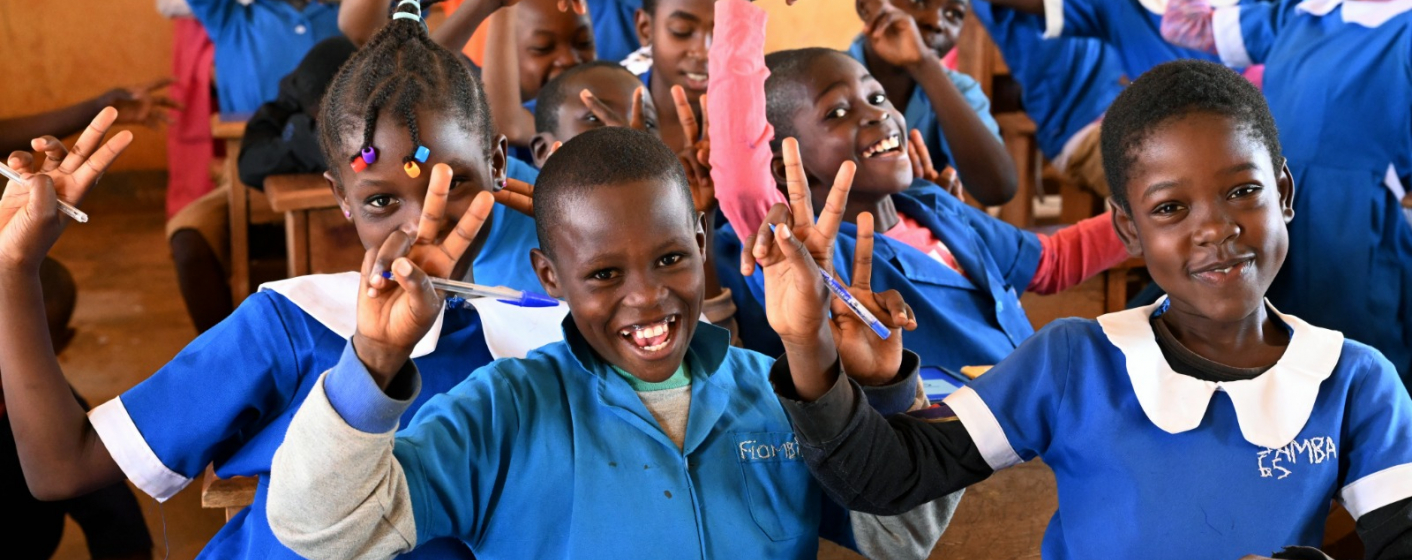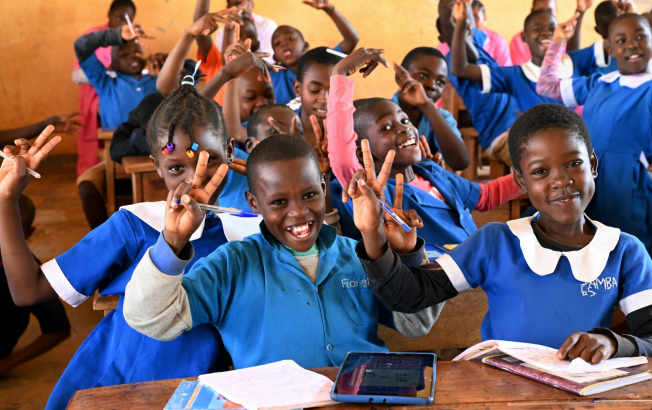Monitoring the quality of education in Togo: adapting to the reality on the ground
An action-research workshop to analyze the practices of education actors at each level of the education system was held in Kpalimé, Togo on 27th and 28th November 2022. The workshop revealed nationwide practices in the management of the Togolese educational system under evaluation during the first phase of the programme, launched in 2021.
A diagnostic study to analyze quality management practices in the Togolese education system
Initiatives to improve the quality and performance of the education system exist, but their results are clearly not up to the expectations of Ministry of Education actors. Why? The national teams working with IIEP-UNESCO Dakar’s experts are trying to answer that question by focusing on a little-explored area: what are the actors actually doing in their workplaces to improve the quality of education? Are their actions coordinated, coherent and oriented towards improving the quality of education? What room for maneuver does each level of the system have in relation to the sectoral policy?
Using a methodology that is now well established and implemented in several countries, the Togo national team - accompanied by an IIEP-UNESCO Dakar supervisory team - went to meet the actors. For four weeks both teams were immersed at the central level of the Ministry of Education, and four weeks alongside the deconcentrated services in four IEPPs and two DREs, followed by 12 weeks of observation in six elementary schools where dozens of people were met and observed, hundreds of data collected and then eight sharing workshops at the school level, one at the deconcentrated level...
The results of these activities were presented during the workshop and highlighted a certain number of difficulties faced by the actors in their work, and which are obstacles to improving the quality of the system.
Management functions are mastered unevenly
The results presented during the sharing workshop highlight the Togolese education system's good capacity to define objectives and drive action, one of the main functions of steering the quality of education retained by the programme. In other words, the system is capable and well equipped to propose strategies and reforms that, on paper, meet the challenges of quality education. But this capacity alone is not sufficient to achieve the expected results.
The teams point to major difficulties in allocating resources (material and human) in an efficient manner, and in encouraging the commitment of actors at the deconcentrated level and accompanying them in the implementation of actions at the local level. Even "well thought-out" strategies and actions at the central level come up against the reality on the ground and the variety of contexts, which they are unable to address sufficiently. Therefore, a lot of energy and effort is made for little or no impact. It might be enough to change the way of doing a few things for greater impact. Workshop participants were asked to brainstorm: what areas should be acted on and how?
Avenues for improvement to be tested in the coming months
The diagnosis revealed persistent issues, i.e. concerns that, despite the efforts already made, remain as prevalent as ever. They were presented during the workshop and discussed in order to identify work areas - such as a set of similar or interrelated subjects on which solutions could be tested - and possible areas for improvement.


